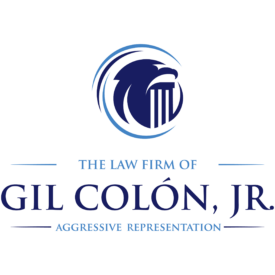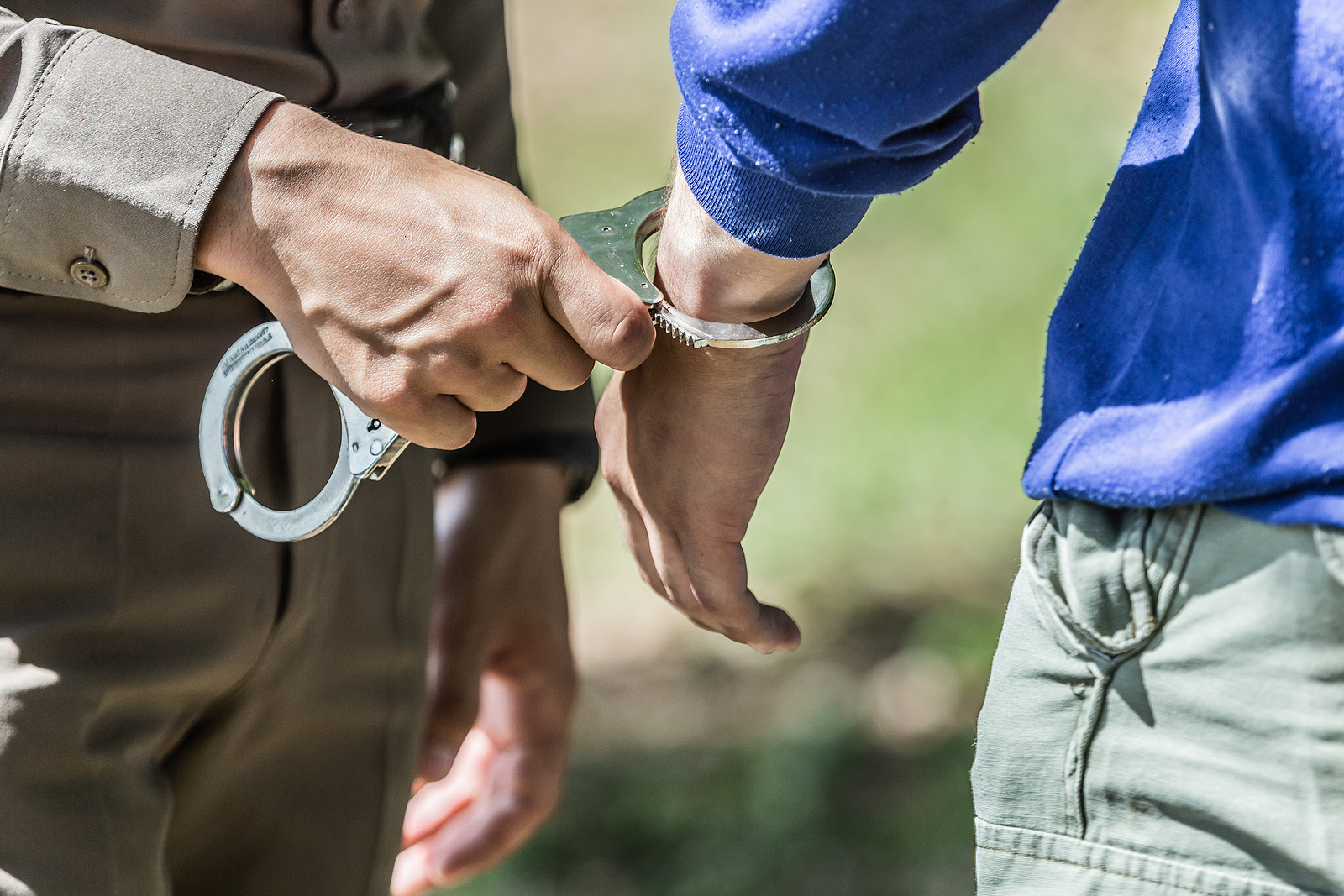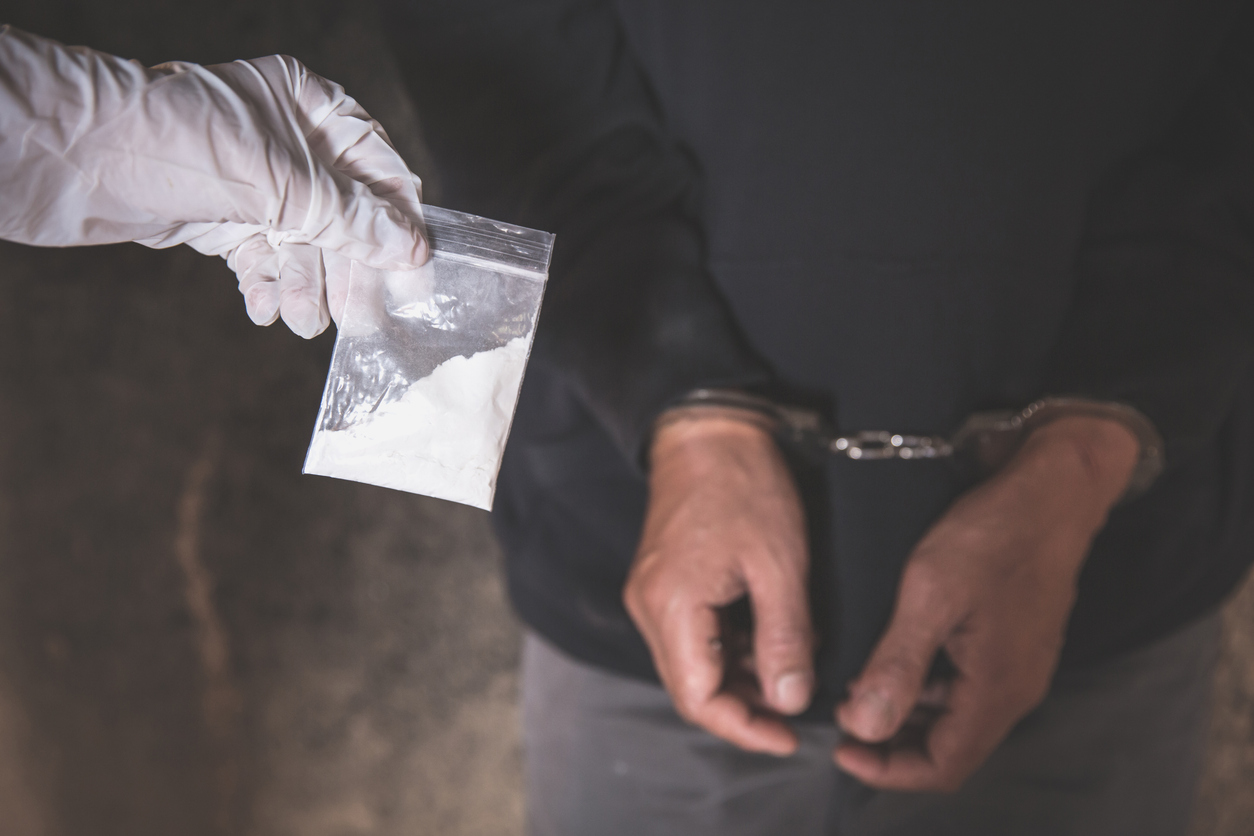Understanding Juvenile Delinquency
The defense of juveniles facing delinquency charges is a critical aspect of our justice system. It seeks to protect these young individuals from the long-term consequences of their actions, focusing on rehabilitation rather than punishment. By doing so, it gives them the chance to learn from their mistakes and make positive changes in their lives.
However, before we can discuss how the defense of a juvenile delinquent typically works, we need to understand what juvenile delinquency entails.
Definition of Juvenile Delinquency
Juvenile delinquency refers to unlawful or antisocial behavior committed by individuals under the age of 18. If perpetrated by adults, these actions would indeed be considered criminal offenses. However, due to the limited decision-making capacity, inability to understand consequences, and other unique circumstances surrounding minors, the legal system treats them differently.
Here are some key points to consider:
Age and Responsibility:
The primary distinction between juvenile delinquents and adult offenders lies in their age. Minors lack the full cognitive development and maturity that adults possess, which affects their decision-making abilities. The law recognizes this developmental gap and aims to address it through specialized procedures for juvenile cases.
Response to Crimes Committed
Unlike the punitive approach taken with adult criminals, the juvenile justice system prioritizes rehabilitation over punishment. The goal is to guide young offenders toward positive behavioral changes rather than merely imposing penalties. Interventions may include counseling, education, community service, and other programs designed to address underlying issues.
Juvenile Court System
Juvenile cases are typically handled in separate courts known as juvenile courts.
These courts focus on the individual needs of the minor, considering factors such as family background, peer influences, and mental health. The emphasis is on addressing the root causes of delinquency and preventing future offenses.
Confidentiality and Privacy
Juvenile proceedings are confidential, protecting the identity of the minor.
This confidentiality aims to prevent stigmatization and allow for a fresh start after rehabilitation.
Disposition Options
When a minor is found delinquent, the court determines an appropriate disposition (similar to sentencing in adult cases). Disposition options may include probation, community service, counseling, restitution, or placement in a juvenile facility. The court tailors the disposition to the individual’s needs and circumstances.
Balancing Accountability and Compassion
While accountability is essential, the system recognizes that juveniles can change and learn from their mistakes. Balancing punishment with compassion ensures that young offenders have a chance to reform.
The Role of Juvenile Defense Attorneys
Juvenile defense attorneys serve as legal advocates for their young clients. They work tirelessly to ensure that the minor’s rights are upheld at every stage of the legal proceedings.
Their primary duty is to represent the juvenile’s best interests, regardless of the charges they face.
Explaining Charges and Potential Outcomes
When a minor is accused of delinquent behavior, the attorney explains the charges in detail to both the minor and their family. Juvenile defense attorneys also discuss potential outcomes with their clients, like dismissal, diversion programs, and disposition outcomes. Clear communication is essential, as understanding the charges allows the minor to make informed decisions about their defense strategy.
Court Representation
During court hearings, the juvenile defense attorney represents the minor. They present evidence, cross-examine witnesses, and argue on behalf of their client. Their goal is to secure the best possible outcome for the minor, whether through acquittal, reduced charges, or a favorable disposition.
Record Sealing and Expungement
Juvenile defense attorneys work diligently to keep the minor’s record as clean as possible.
In some cases, successful representation can lead to record sealing or expungement, which minimizes the impact of the delinquency case on the minor’s future opportunities (such as employment or education).
Collaboration with Other Professionals
Attorneys collaborate with social workers, counselors, and probation officers to create a comprehensive plan for the minor’s rehabilitation. They advocate for alternatives to incarceration, emphasizing rehabilitation over punishment.
The Impact of a Strong Defense
A strong defense can significantly impact the outcome of a juvenile delinquency case. It can lead to reduced charges, lighter sentences, and even case dismissal. More importantly, it can help ensure that the minor does not carry the burden of a criminal record into adulthood. This protection is crucial as a criminal record can affect future employment opportunities, education, and even housing.
Rehabilitation Over Punishment
As mentioned earlier, the focus of the juvenile justice system is rehabilitation over punishment. This approach acknowledges that minors have the capacity to change and should be given the opportunity to do so. Defense attorneys play a crucial role in advocating for this approach, pushing for sentences that focus on rehabilitation, such as counseling or community service, rather than incarceration.
Consult With Experienced Defense Attorneys
The role of juvenile defense attorneys is to protect the rights and futures of young individuals, working tirelessly to ensure they receive fair treatment and the opportunity for a brighter future.
We believe every child deserves a chance to rectify their mistakes and lead a successful life.
Call The Law Firm of Gil Colón, Jr. today at 863-534-3777 to schedule a free consultation. We’ll review your family’s unique circumstances and make a plan to help guide your child onto the right path.






